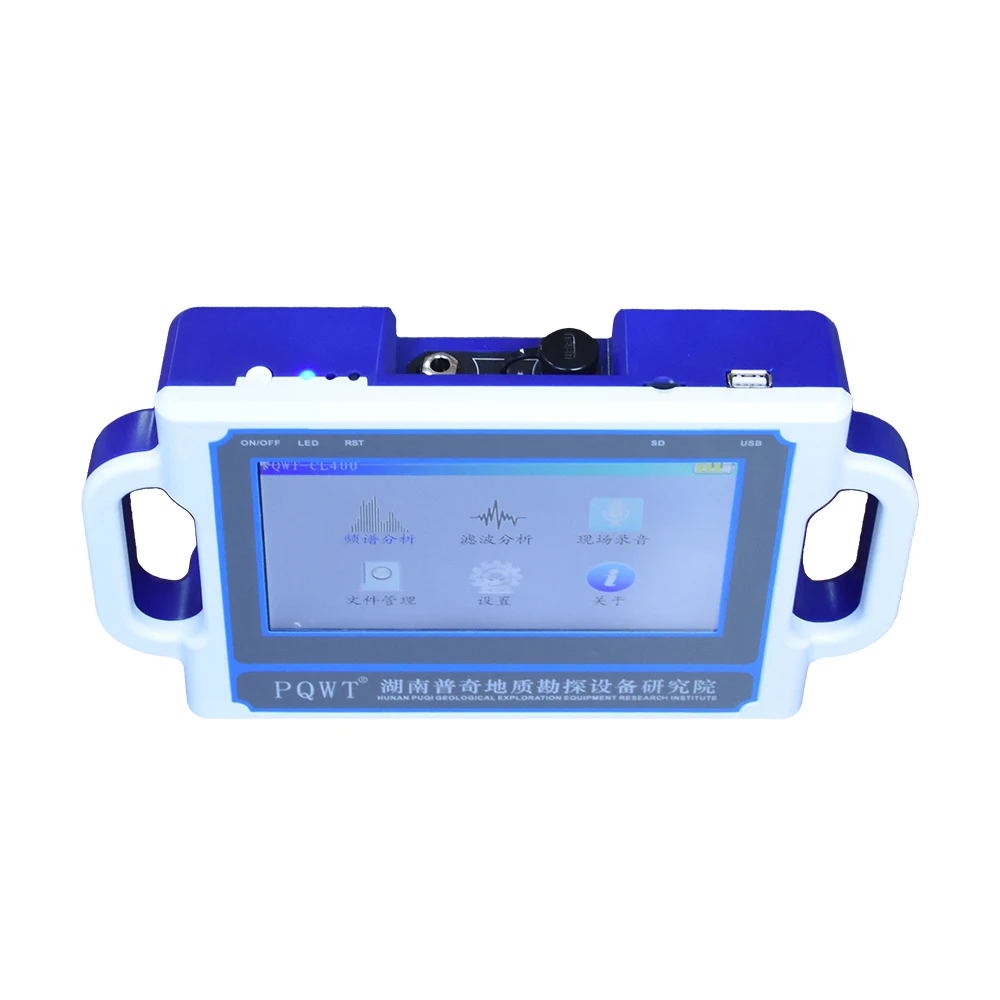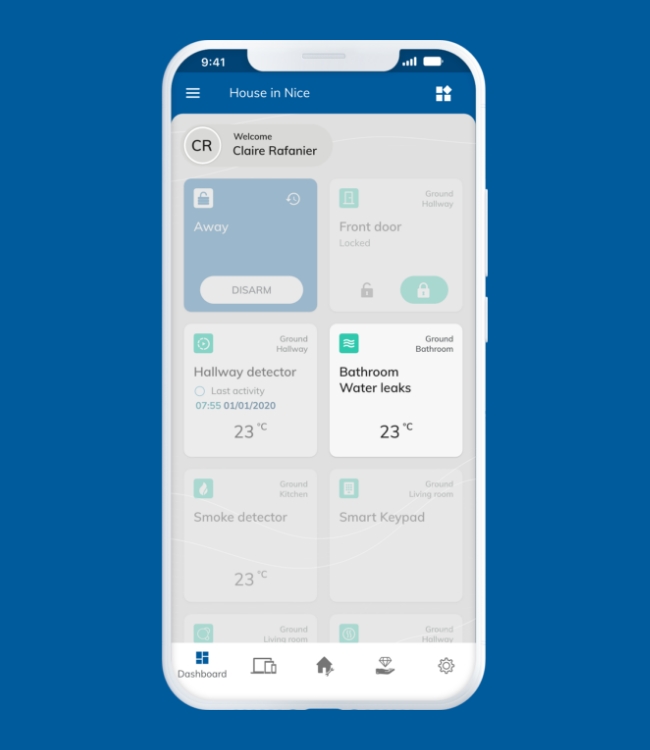Table of Content
The Phyn Smart Water Sensor is a smart home gadget that can detect humidity and water and send you alerts when necessary. You can set alert thresholds and customize your settings to suit your personal needs. You can also check its status to see if it has a low battery, which makes it ideal for apartments.

Best DIY Home Security Systems of 2023 SimpliSafe is the best DIY home security system because it's cost-efficient, effective, and easy to... The Best Home Security Systems in Canada Find the best home alarm system to protect your house. Wirecutter is the product recommendation service from The New York Times. Our journalists combine independent research with over-the-top testing to save people time, energy and money when making buying decisions. Whether it's finding great products or discovering helpful advice, we'll help you get it right . Rachel Cericola is a senior staff writer at Wirecutter who has been covering smart-home technology since the days of X10.
Our favorite water leak detector for home emergenciesGovee Water Sensor
But by that time, you are likely dealing with damaged ceiling tiles and drywall, as well as possible wood rot. For whole-home protection, look for a leak detection system that monitors your entire water delivery system. If you know your home has plumbing issues, it’s worth it to buy a leak detector so you’re alerted immediately to any flooding problems.
They also likely require professional installation because they become a part of your plumbing system. As water flows through the device, it gathers information about your water delivery system such as flow rate, water pressure, and water temperature. These devices can also tell you if you have a slow drip situation somewhere in your system and if your water temperature is too cold, a condition that can lead to burst pipes.
Best Environmental Sensors
Even budget leak detectors should be easy to install and have a loud alarm. It’s a good idea to look for a detector with a 70- to 100-decibel alarm, but you may want one that’s even louder if you have trouble hearing . Knowing there’s a leak is one thing, but being able to stop it from damaging your home and belongings is where the real power lies.

Proteus provides a way to fake an app by bookmarking the web page to your phone’s desktop, but the result is not a fluid experience. The Proteus Aquo is more customizable than any other water-leak sensor we tested. However, it has no dedicated app, it needs to be plugged in, and it’s more expensive than our other picks.
Govee Wi-Fi Water Sensors Alarm
She has contributed product reviews and how-tos for Lifewire and has prior experience in knowledge-base technical writing, technical customer support, and academic publishing. The key considerations we identified above formed the basis for our selection. The team then investigated a wide range of manufacturers, different models, and the underlying technology. The aim was to offer up-to-date information and a range of solutions for different needs and budgets. PCMag.com is a leading authority on technology, delivering lab-based, independent reviews of the latest products and services.
A few detectors offer both power options, with the batteries acting as a failsafe should the power go down. Through the Flo by Moen mobile app, you can see live water use, including flow rates, pressure, and temperature. The app sends a standard alert if the sensor detects a minor issue, like a leaky faucet. If you want automatic, smart shutoff, you can opt for the FloProtect plan that offers 24/7 monitoring.
Our favorite underground water leak detector2M Ultrasonic underground water leak detector
It also provides monitoring of water usage, helping homeowners to manage water consumption and save on bills. It needs just a standard Wi-Fi signal and mains electrical connection, though it can be integrated with Alexa and Google Assistant if preferred. Orbit’s B-Hyve Smart Flood Sensor will tell you when you’ve sprung a leak or when your pipes are in danger of freezing, but it doesn’t work with third-party smart devices. Rather than installing moisture or flow sensors, you’ll place the probe on the ground above where you want to check for leaks. You’ll hear a sound in the earphones when the device is near a leak source — the frequency increases as you get closer to the issue. As the cable is 7.5ft long (5-foot cord with an attachable 1.5-foot water-sensing cable.), you can install it strategically so it can send you notifications through your Google Home, Nest, or your cellphone.
The Kangaroo Water + Climate Sensor manages to shave a few bucks off other Wi-Fi leak detectors to claim the budget pick in our lineup. This bare-bones sensor is handy for mobile-device leak notifications but isn't as flexible to install as competitors. The Flo by Moen Smart Water Detector is easily one of the best options for early leak warnings in your home. It sports water, humidity, and temperature sensors that react faster than its main rival from Resideo. We're fans of the slick mobile app that tracks temperature and humidity over time so you can spot problems before the pipes leak a drop. Smart water-leak sensors allow you to keep tabs on water that’s being wasted.
When there's a leak, the WaterWatcher cuts the power to the appliance to keep flooding to a minimum. It's a little pricey (about $80) for a simple sensor without a mobile app, but its controlled outlet fills a useful niche. The price tag for the YoLink Starter Kit is high (around $300) but for a good reason. You get three leak sensors, a shutoff valve, and a smart hub to tie everything together. If you own rentals, vacation homes, or just travel often, YoLink's automatic shutoff feature can stop the problem before it begins so you don't come home to puddles on the floor or under the sink.

The detector includes a 5-foot-long sensor cable for identifying leaks in both tight and wide-open spaces and is expandable up to another 500 feet with additional cables. It’s battery-powered, so it’s useful practically anywhere while offering a 3-year battery life. Although uncommon, some water-leak detectors include an automatic water shut-off system that turns off the supply as soon as it detects a leak. These “in-line” units are installed directly onto a water supply plumbing line and continually monitor a home’s water usage to detect leaks. Once a leak is found, they function much like a manual water shut-off valve by closing off the home’s water supply. These types of systems are usually installed in-line, in an area close to your water meter.
Understanding the differences among these features is important in helping to determine the best water leak detector for a home. If you want your water sensor to do more than let you know that you have a leak, look for one that works with other smart devices. Alexa, Google Assistant, and Siri voice compatibility let you do things like silence alarms or check temperature and humidity levels simply by asking. Ideally, you want the sensor to trigger another device that can help minimize damage from the leak such as a fan or a dehumidifier, however. While smaller, battery-powered sensors are great for detecting leaks in obvious places, they won’t tell you if there’s a leak in plumbing that resides behind your walls or in your ceiling. Granted, if water is leaking from a ceiling pipe, you’ll eventually find out.

It’s not as discreet or compact as other sensors, but that’s because you connect it to your main water line. It checks for leaks, monitors your system for microscopic water pressure 240 times a second, and automatically turns the water off in the case of an emergency. The Phyn Smart Water Sensor is compact enough to fit anywhere in your home, basement, garage, or wherever you have flowing water, and it will check for leaks and changes in humidity. You can also set it to ring an audible alarm alongside a flashing light on the front. While smart water-leak detectors are increasingly common, there are plenty of low-cost alternatives that can be equally effective. Some come from less well-known brands, so checking customer feedback was important.

No comments:
Post a Comment